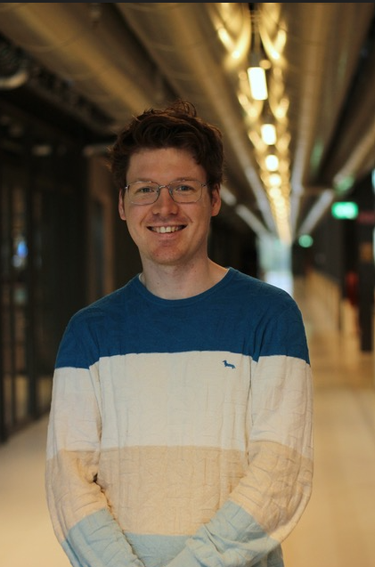Decision making under uncertainty in healthcare
Hayo Bos is a PhD Student in the department Industrial Engineering & Business Information Systems. (Co)Promotors are prof.dr.ir. E.W. Hans, dr.ir. A.G Leeftink from the faculty of Behavioural, Management and Social Sciences and prof.dr. R.J. Boucherie from the faculty of Electrical Engineering, Mathematics and Computer Science.
 As macroeconomic factors such as aging and healthcare worker shortages further increase the pressure on our healthcare systems, most Western countries struggle to keep their healthcare expenditure in check. Capacity management is therefore important to ensure the continuation of healthcare delivery. However, the inherent uncertainty of the healthcare context makes this a daunting task.
As macroeconomic factors such as aging and healthcare worker shortages further increase the pressure on our healthcare systems, most Western countries struggle to keep their healthcare expenditure in check. Capacity management is therefore important to ensure the continuation of healthcare delivery. However, the inherent uncertainty of the healthcare context makes this a daunting task.
In this thesis we explore predictive and prescriptive methods to face uncertainty in a variety of problems. The research in this thesis is completely problem driven and conducted in-residence at Diakonessenhuis, a medium-sized hospital in The Netherlands. Parts of our work are implemented and currently supporting capacity decisions at Diakonessenhuis. In line with recent literature, we found that implementing predictive and prescriptive methods in healthcare is a daunting pursuit.
In the predictive part, we address the question “What will happen next?” for three healthcare challenges. We first study predictions in the context of drug demand with sudden shifts in their demand trajectory, for which we develop a Bayesian Online Changepoint Detection model. This study is conducted at the university hospital of the University of Michigan in the USA. We also studied bed demand predictions for the upcoming week, where we leverage both empirical distributions from historical data and expert estimations of the Expected Discharge Date. Finally, we studied surgical block durations for which we developed a Monte Carlo simulation-based prediction model.
In the prescriptive part, we study the question “What should we do?” for two problems. We first study the development of master surgery schedules in case of distributional uncertainty, for which we propose a Wasserstein distance based distributionally robust optimization model and show its advantages over more conservative approaches. We then consider the logistics of the sterilisation department of our hospital, and propose a strategic tray inventory level heuristic using which we can reduce the tray inventory with 28% without sacrificing service quality.
This thesis studies decision making under uncertainty in healthcare. Considering multiple examples, we conclude that there is great potential in the development of predictive and prescriptive methods in healthcare. A key challenge remains implementation. To this end, we have explained our implementation process for some of our models, with which we hope to contribute to future similar endeavours encountered by other researchers. New models contribute to science, but for true impact implementation should be a key topic of future research.




